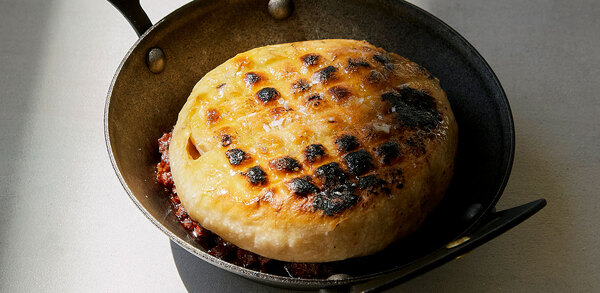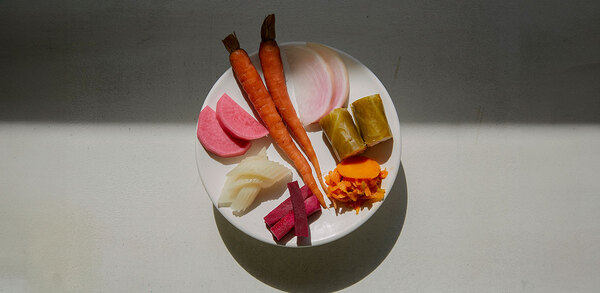Minute on the clock: Steve Munkley
Steve Munkley is executive head chef at the Royal Garden hotel in Kensington, London, and chef-director of the International Salon Culinaire at Hotelympia at ExCeL London. With entries for next year's Salon Culinaire closing soon, he talks to Katherine Price about what's new at the event, why it's important young chefs are introduced to competitions, and why static classes are still relevant
How has Salon Culinaire changed since you took over the role of chef-director two years ago?
I saw my role as maintaining the heritage that had been successfully built over many years, but moving it forward to reflect the trends and styles of today's chefs.
I introduced the skills theatre for students to cut their teeth in a competition, and I created a judging team with a chairman for each salon and lead judges heading up a team of chefs.
Having listened to the competitors, we will be accepting exhibits in sugar and other static classes on multiple days to allow for the chefs' busy working schedules.
Are there new categories this year in the salon display static classes?
Mark Hill [executive chef at the House of Commons and chairman of judges larder/pastry] and his team have thought long and hard about new categories and come up with ideas around canapés and snack foods. This will allow pairs and teams of chefs to work together, encouraging experienced chefs to work with novices.
This salon is also an excellent showcase for those who may not have the confidence to compete in live theatres but have an eye for detail and creativity.
We have also introduced a demo theatre in the static salon, where experts will conduct 30-minute sessions to share their knowledge on the art of presenting display pieces for judging.
Are static classes a dying art?
You could say that, but we are certainly not removing it and we are working hard to educate chefs on how it is best done and the benefits from the experience. We attract competitors from overseas where skills that are no longer taught in the UK are still prevalent, such as fat carving, which creates quite spectacular exhibits.
Did the new skills theatre go down well last year?
It was probably the most successful element, both in London and Birmingham. It was one of the provisos I made for taking on the role of salon director, as I feel so strongly that introducing young chefs into competitions, while either at college or in training, helps them immensely to focus on practising their skill sets.
The skills theatre covers all disciplines in 20-minute competitions where the pressure is not as intense as in the main salon live theatre.
Do competitors get feedback?
We make a big effort to make feedback as instant as feasibly possible. The live theatre has an area called ‘feedback corner'. The judges head there straight after they have deliberated and competitors are directed there for comment.
In La Parade des Chefs, after service every team has a debrief from all the judges, and static and sugarcraft judges are around from the end of judging to meet competitors.
Student assistants are on hand to take pictures of all the exhibits on iPads for the judges to refer to when giving feedback.
How would you like to see the event develop?
My aim is to keep refreshing the programme with current trends and to see the return of international teams, with every class full to the brim.
















